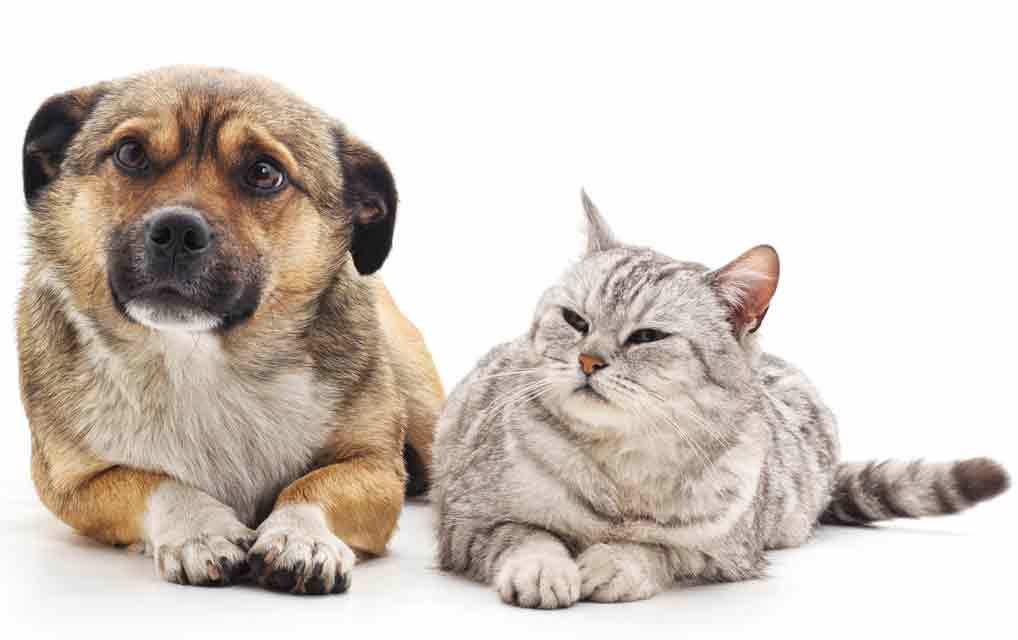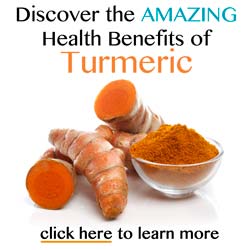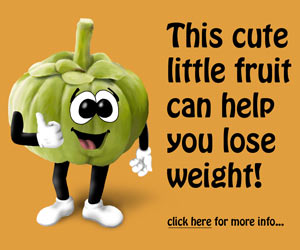
If you have pets, you'll want to review these household dangers. Every year, pets are poisoned by items that are regularly found in the home and might seem harmless. Pets can be poisoned by things that are safe for humans, and they can be curious and get into things you'd never expect them to. Make sure all of these dangerous things are kept out of your pet's reach.
Medications
Medications have been the biggest cause of poisonings in pets for a few years. Pets can become sick or die when they ingest medications they shouldn't and that can include human or pet prescription or over-the-counter drugs.
Keep all medications locked up away from your pets. When you open a bottle to get medicine out, do so over a sink or another area where, if you drop one, it isn't likely to fall on the floor. Your pet might be there, waiting to snatch it up, thinking it's a treat.
Some human medications, like Tylenol, are quite toxic to pets, especially cats. Even a tiny dose of Tylenol can prove fatal to a feline.
If your pet has a recurrence of problem that he was previously treated for, don't pull out a past prescription and begin giving it again. Check with your veterinarian first because the pet's medical circumstances might have changed to the degree that the medication is no longer safe for him.
Don't use over-the-counter medications, even those labeled for pets, without checking with your veterinarian or veterinary staff first. Be especially cautious with cats because some over-the-counter dog products are extremely toxic to cats.
Household Cleaners
Keep cleaning supplies out of reach of your pets. When you are cleaning, try to keep your pet out of the area until you're done and have rinsed the cleaner off the surface on which you've used it. If you have cleaner in a bucket, keep your pet locked away until you remove the bucket because sometimes a curious pet will drink out of it or knock it over.
Detergent pods, laundry and dishwashing, can be especially dangerous to pets that might think they look like toys. The detergent inside of them is highly concentrated and under pressure, so when they are punctured by a tooth, they jet out. Usually, the result of that jet of liquid is that pet sharply inhales, and the detergent can be breathed into the lungs, causing a life-threatening chemical aspiration pneumonia.
Remember, a pet that gets a substance on himself is probably going to lick it off, ingesting it in the process. Consider instances of contact with toxic chemicals or substances an emergency, and bathe your pet right away.
Insecticides, Pesticides, and Fertilizers
All of these types of products are potentially dangerous for pets that ingest them. If you use them around your home, be sure to follow the labels carefully and keep your pet off the treated area for the recommended amount of time. If there is no such warning on the label, call the company and ask.
One common type of insecticide poisoning occurs when cats are treated with permethrin-based flea and tick products, which are toxic to them but safe for dogs. Never use a product labeled for dogs on your cat.
Slug and Snail Bait
This is a common poisoning in dogs. When slug or snail bait is used for gardening and the bag is left open, dogs will often eat some, and the result is metaldehyde poisoning. Veterinarians sometimes term this poison "shake and bake syndrome" because it causes tremors, seizures, and a life-threateningly high body temperature.
Consider using copper bands, broken shells around your plants that are dangerous for slugs to crawl over, or remove slugs and snails from your plants by hand.
Rodenticide
Products that are formulated to kill mice and rats also kill cats and dogs that ingest them. There are several types of chemical used in rodenticides, but warfarin is the most common. This type of rodenticide kills by disrupting the clotting mechanisms in the victim's blood, resulting in internal bleeding. Pets can be killed by rodenticide when they ingest it themselves or when they eat a rodent that ate the poison.
Some Human Foods
Some human foods are toxic to pets. For instance, chocolate, alcohol, xylitol, onions, and garlic can all have negative health effects, including death, in dogs and cats. Be sure you know which human foods your pets shouldn't have and keep them out of reach.
Also, make sure your garbage is secured against a dog or cat raid. Bones, fat trimmings, rotting food, and food packaging can all be ingested by a garbage raider and cause poisoning.
Outdoor Chemicals
Many chemicals that are commonly used outside and often kept in garages are toxic to pets, including antifreeze, rock salt, paint, and other cleaners and chemicals. If possible, keep your pet out of the garage. Clean up all chemical spills promptly and thoroughly.
What to Do If Your Pet Ingests Something Poisonous
If your pet comes into contact with or ingests something from this list or anything else that you are unsure about, call your veterinarian, your local veterinary emergency clinic, or the Pet Poison Helpline at 1-855-764-7661 immediately. If you can, have the packaging from the offending substance, an idea of how much your pet ate, and his most recent weight on hand, but don't delay calling if those things are not readily available.




